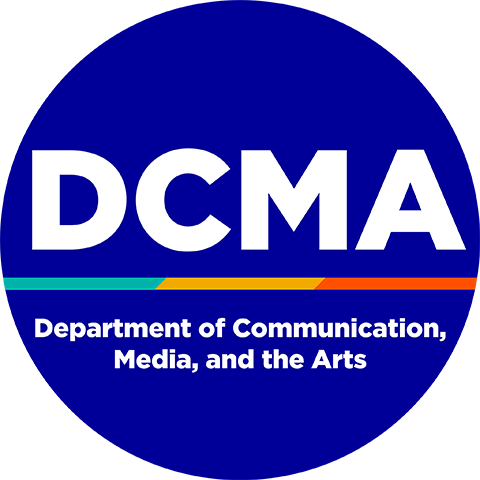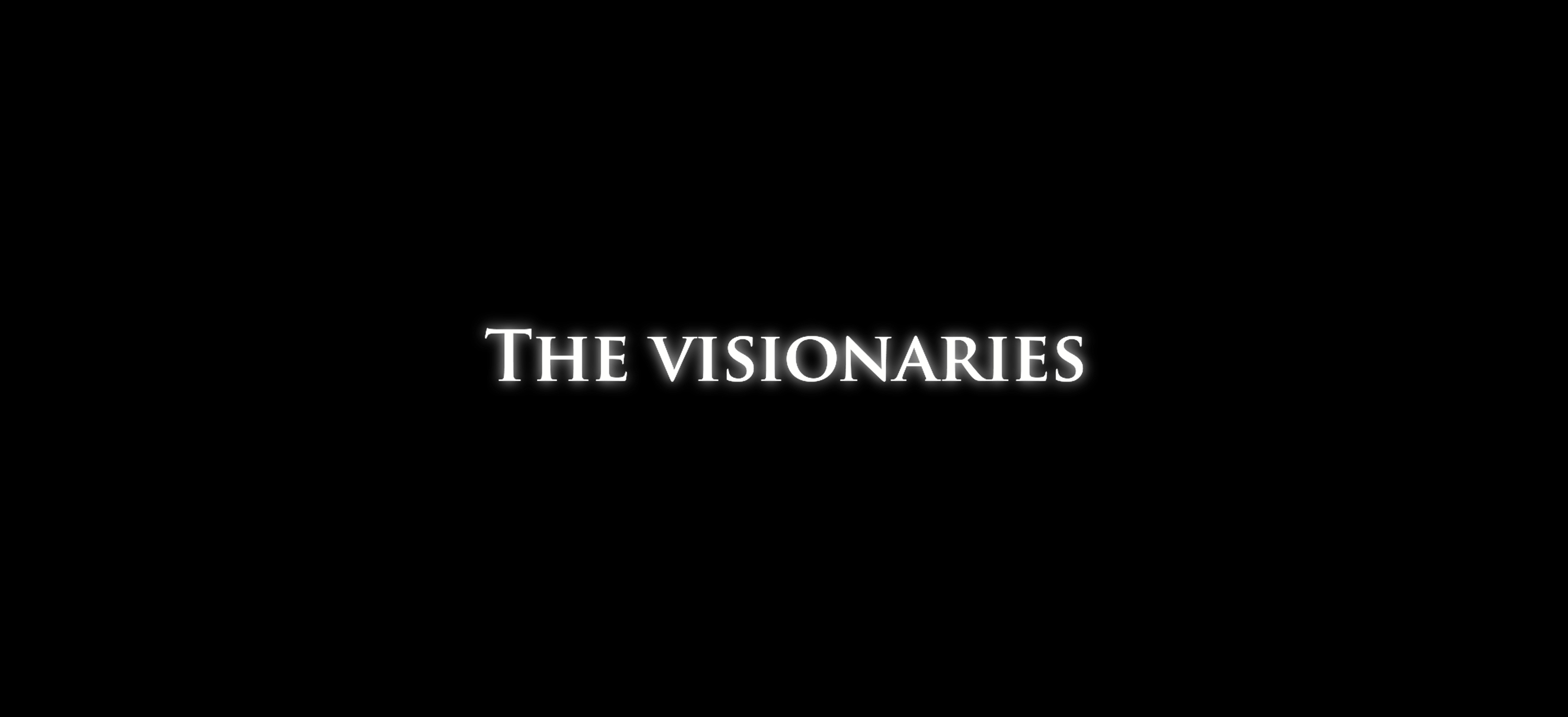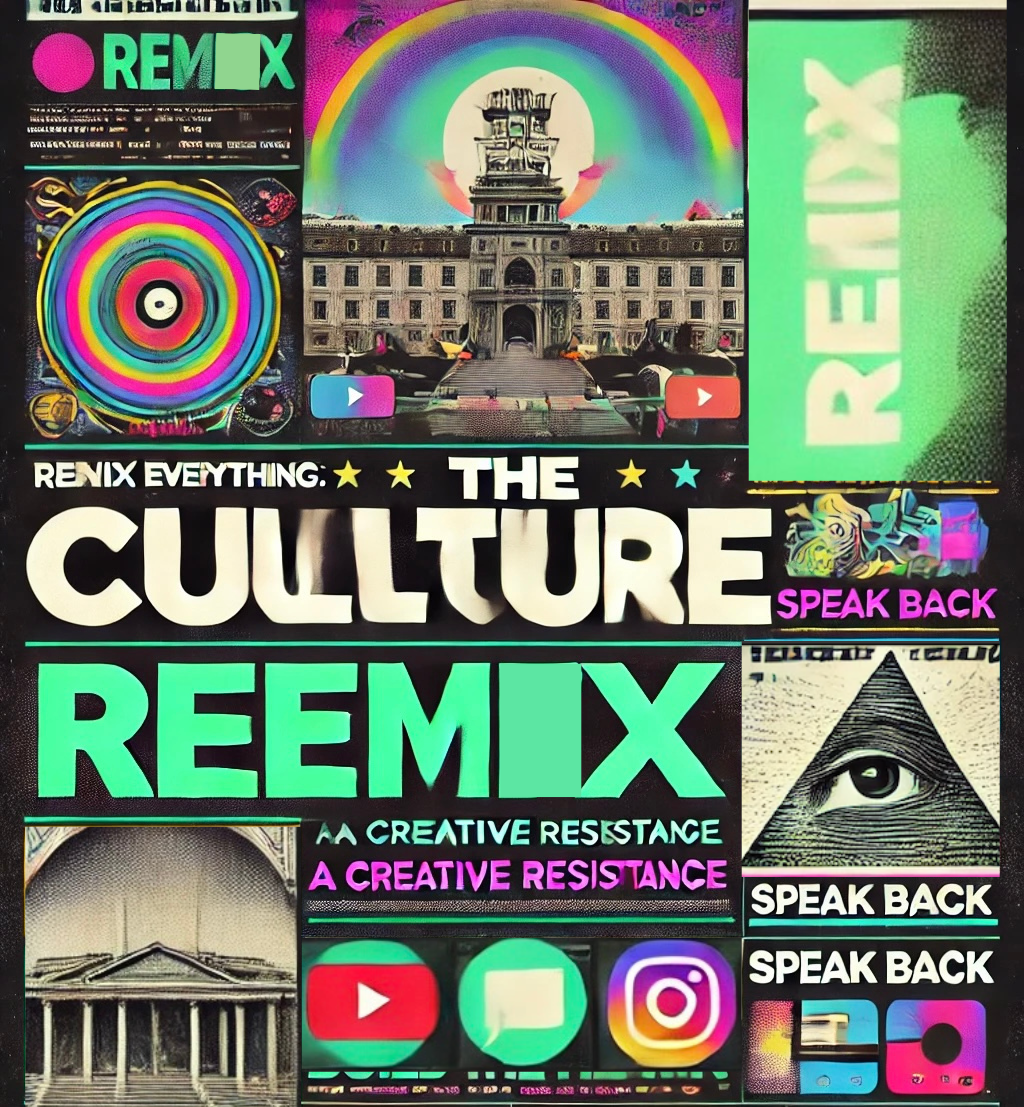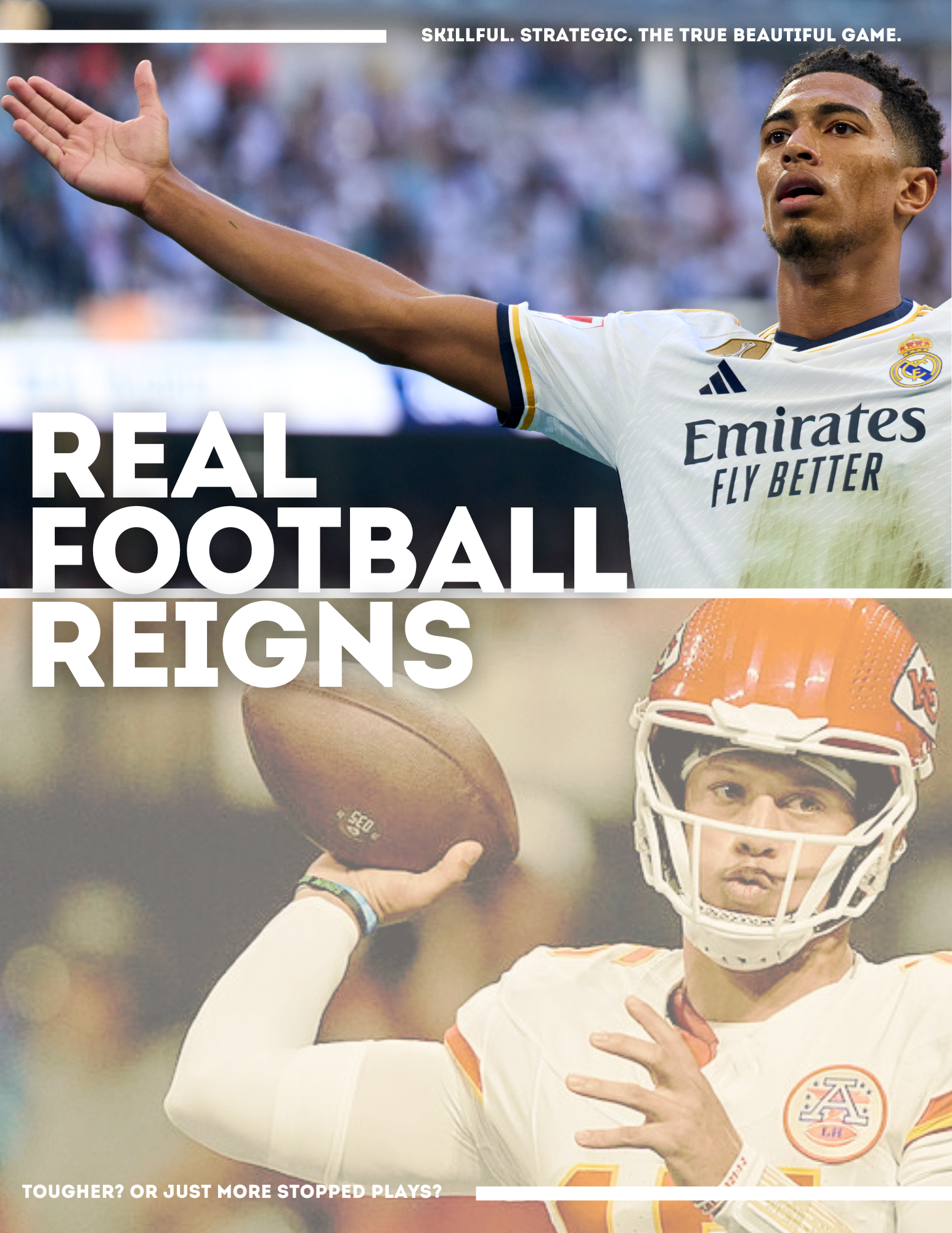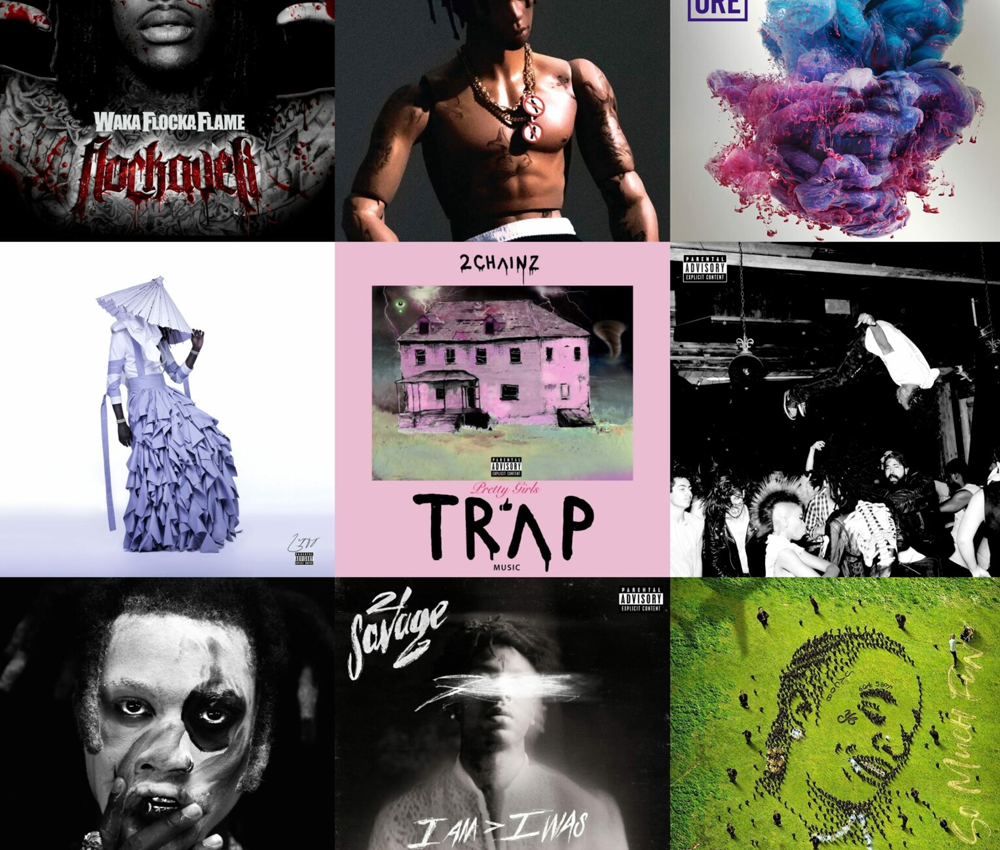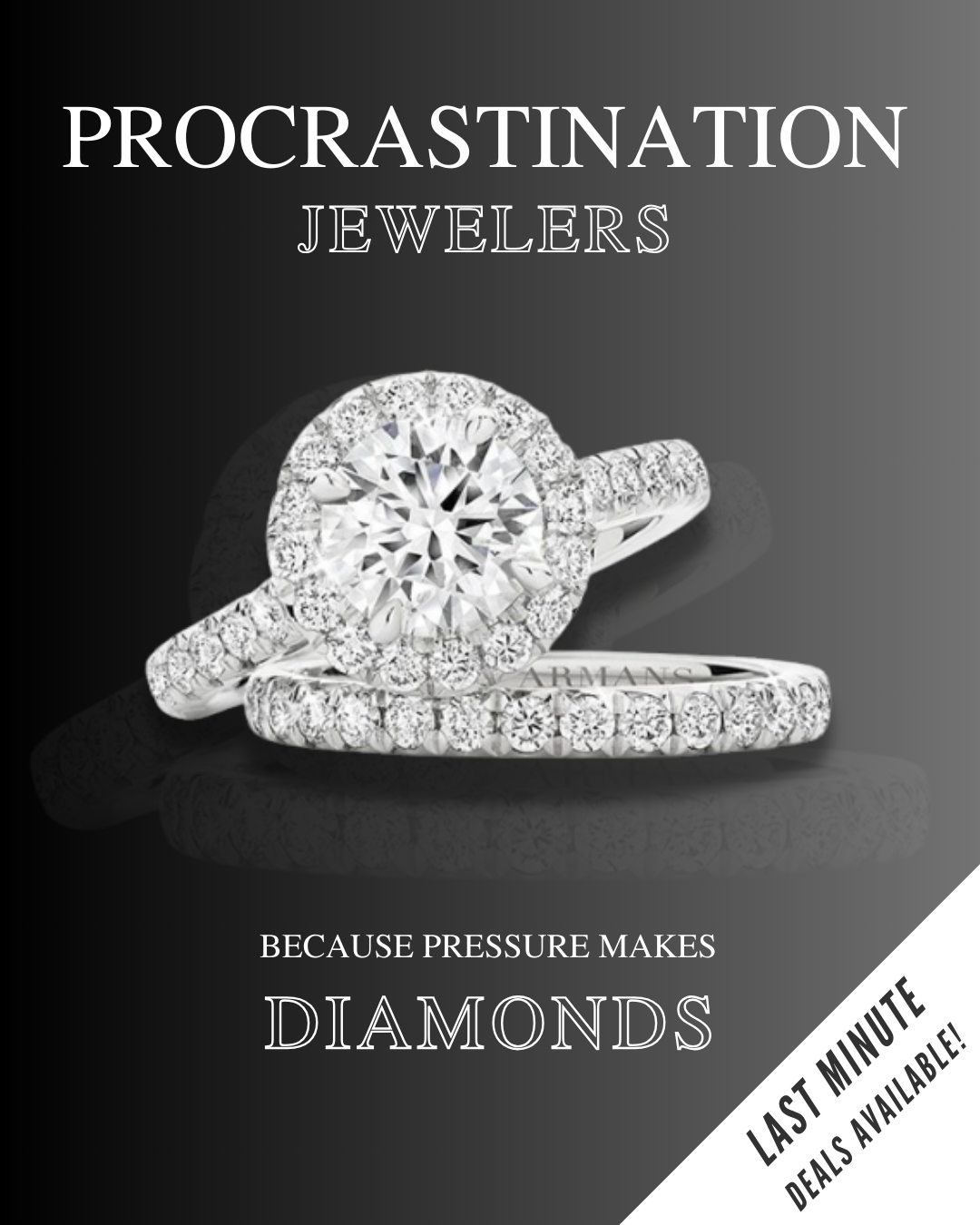- Maker: Julia Kelley
- Genre: New Media Manifesto Video
- Level: Graduate
- Program: Composition, Rhetoric, and Digital Media
- Course: WRIT 5340: Studies in Multimodality and Digital Media
- Instructor: Dr. Eric Mason
- Semester Created: Winter 2023
Description
For the purposes of the new media manifesto project, I chose to create a short video calling for a reconsideration of the value of the arts and its role in society as a catalyst for discourse, education, social participation, and ultimately, collective connection and change. I come from an artistic background, and the arts have had a substantial influence on me throughout my life. Because of this, however, I have been the recipient of many declarations claiming that my area of interest is not as important as the areas of interest that exist in STEM, so I thought it would be worthwhile to create a video that highlights this misconception and passionately shuts it down. I began this project by collecting video clips depicting artistic related content and scientific related content, and once all the materials were gathered, I organized them into an Adobe Premiere project. I also added music and created After Effects title slides to accompany the visuals as a way to further communicate my message. After all of the assets were in Adobe Premiere, I went through several stages of revision, moving elements around, adjusting the placement of files, and editing clips to ensure that the purpose (or the story I was telling) was clear and effective.
Reflection
In reflecting on the process of producing the new media manifesto project, I really wanted to bring attention to the binary that exists between the arts and the sciences in our society and the rhetoric our society fuels surrounding this separation. In developing this project, I thought a lot about the composition issue that the field faces in that certain ways of writing and teaching are favored over others in institutional structures and academic discourse (and other means or modes of cultivating meaning are disregarded). In my project, I am arguing that the sciences are favored over the arts and humanities, when both should be recognized and respected in their own right. Thus, my vision for this project was informed by Pegeen Reichert Powell’s chapter in Writing changes: Alphabetic text and multimodal composition, where she describes multimodality as being a tool for knowledge-building and creativity (Powell, 2020). In the introduction of this text, Powell situates the conversation about multimodality by teasing out, expanding upon, and challenging the popular notion that multimodality and writing are separate, and she also explains how in order to be critical consumers and producers of knowledge and meaning, we must learn to deconstruct the assumptions we have about multimodality and writing to unlearn the standardized practices we have been taught that argue for its disconnection (Powell, 2020). This project was challenging in that there were several modes I chose to integrate (sound, video, and text, for example). During development, it was important for me to let the visuals drive the message and to have the music and text accompany the visuals. In other words, I did not want the audience of my video to rely solely on the text for comprehension. In chapter two of On multimodality: New media in composition studies, Jonathan Alexander and Jacqueline Rhodes examine the use of video production in composition classrooms and how typically when asked to create a multimodal text, students will transfer the alphabetic text into a new medium without considering the rhetorical possibilities of the new medium (Alexander & Rhodes, 2014). Alexander and Rhodes’ work helped me think with more intentionality as to how to deliver my message through a video while also taking advantage of the medium’s potential.
Sources:
Alexander, J., & Rhodes, J. (2014). On multimodality: New media in composition studies. Conference on College Composition and Communication of the National Council of Teachers of English.
Powell, P. R. (2020). Writing changes: Alphabetic text and multimodal composition. The Modern Language Association of America.
